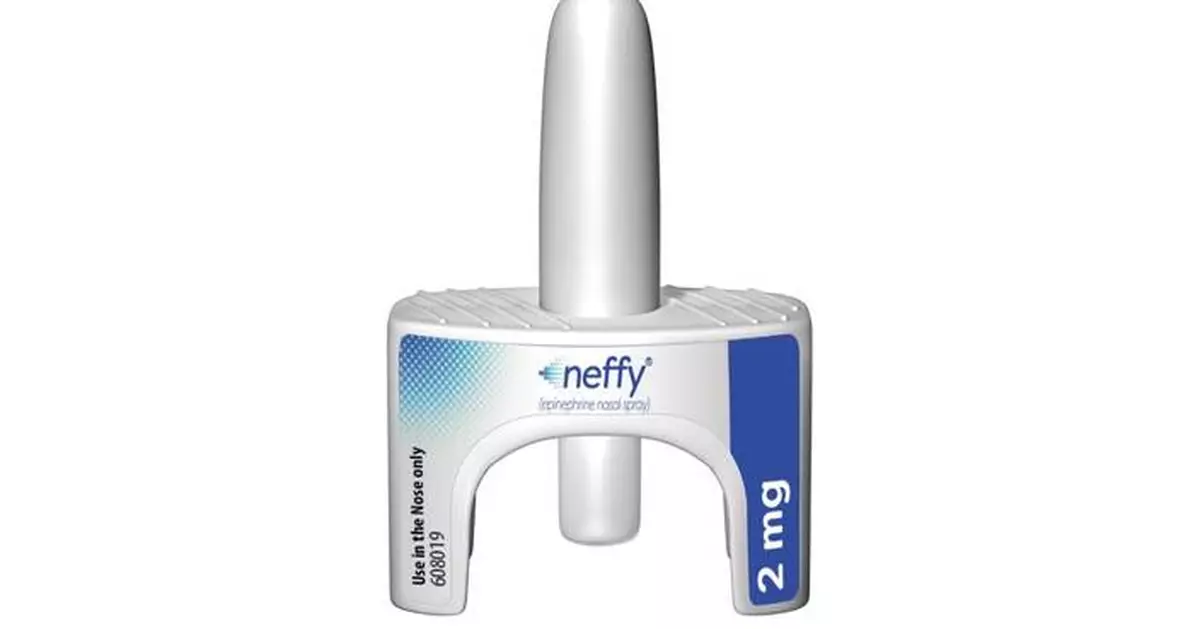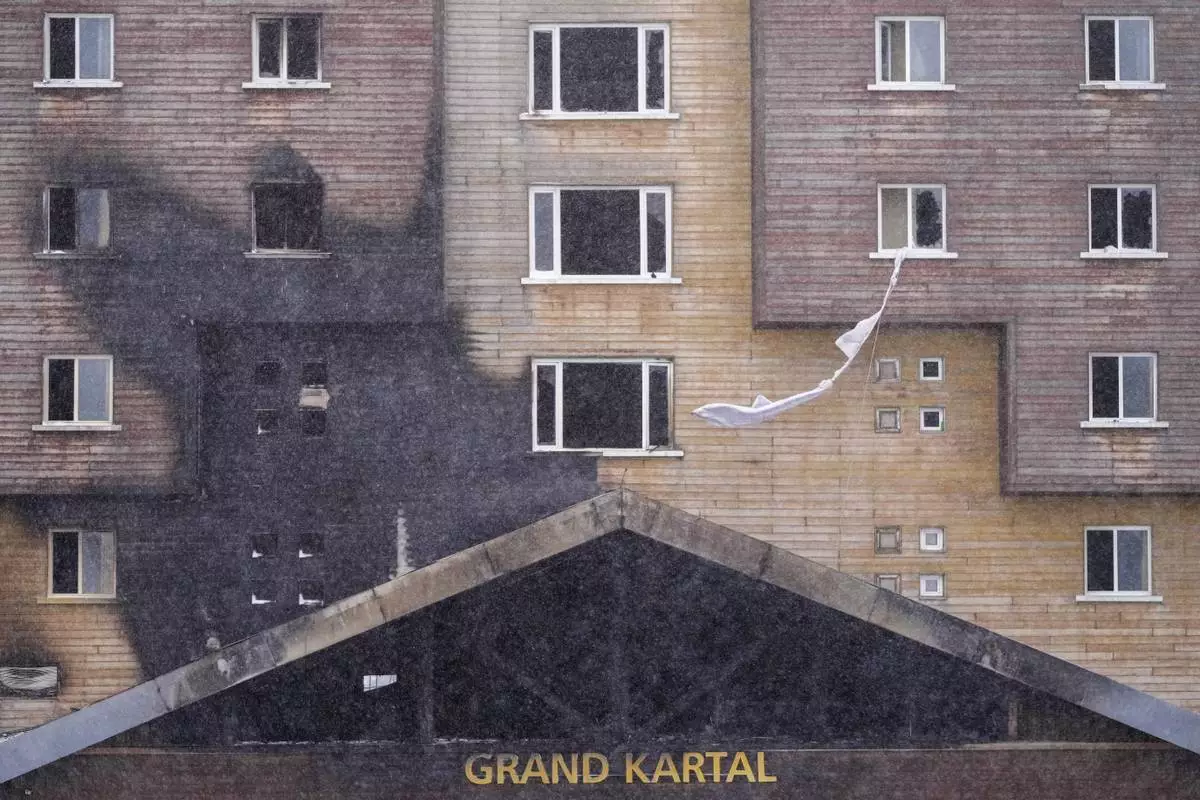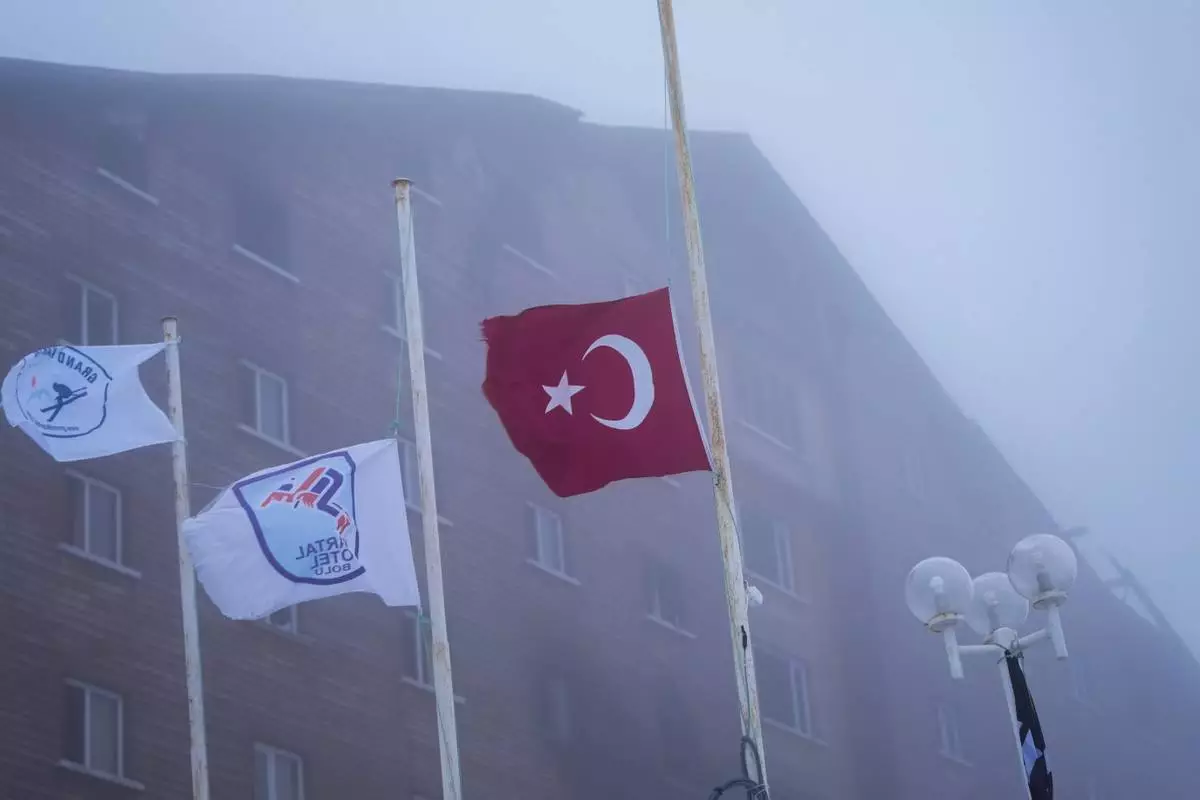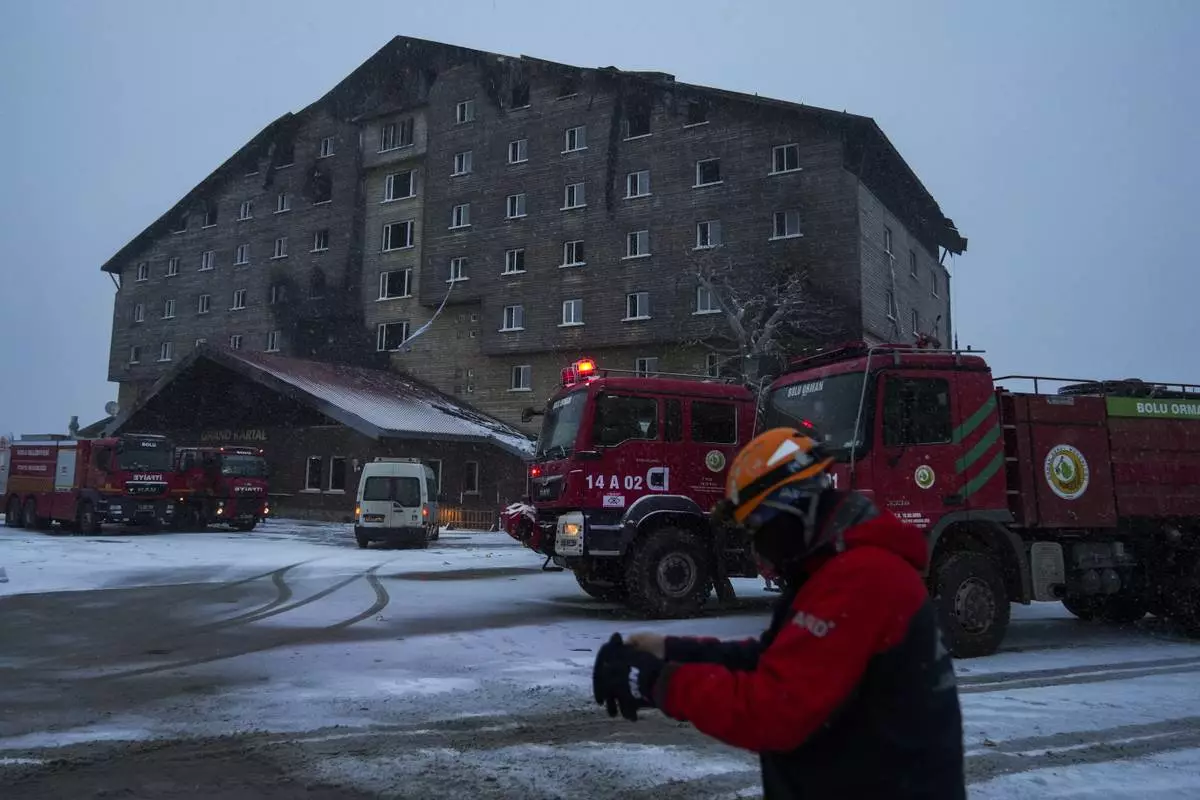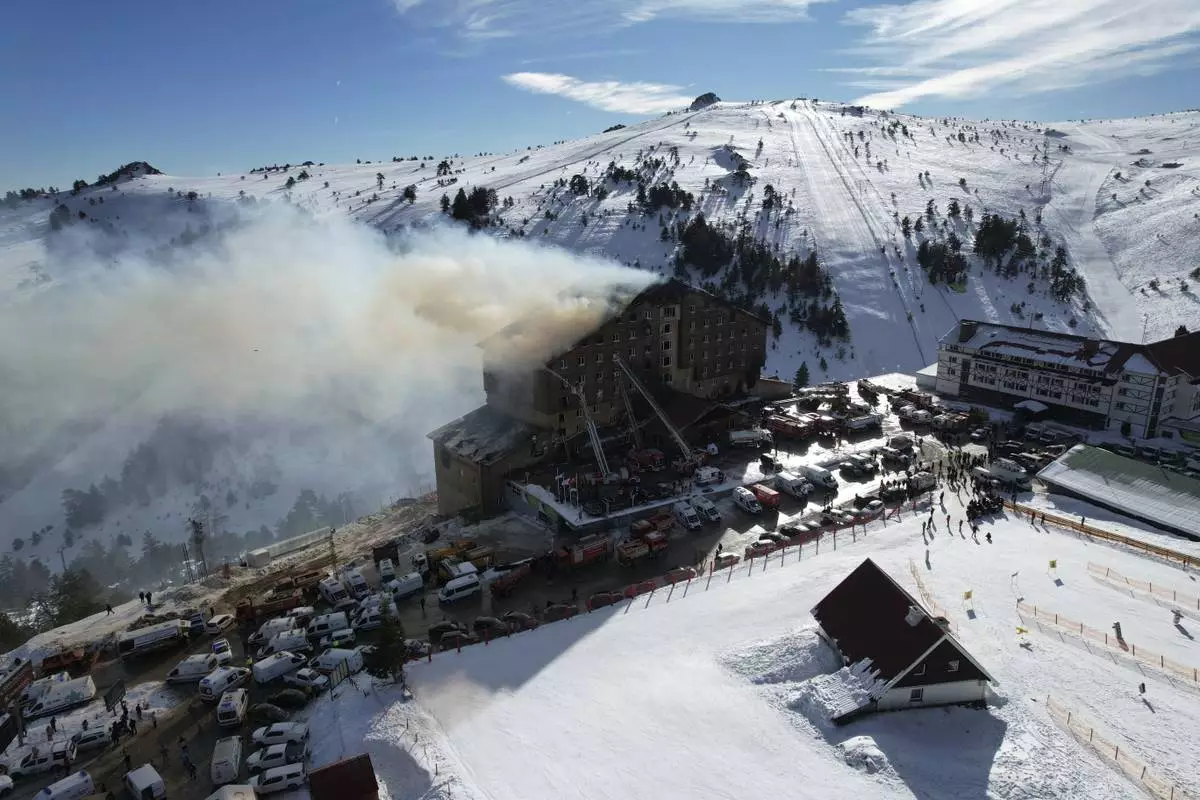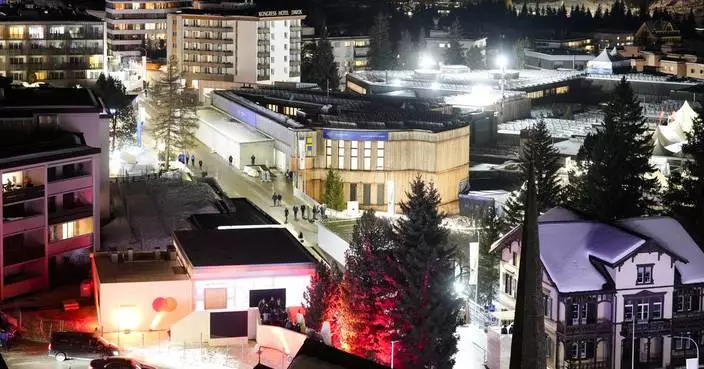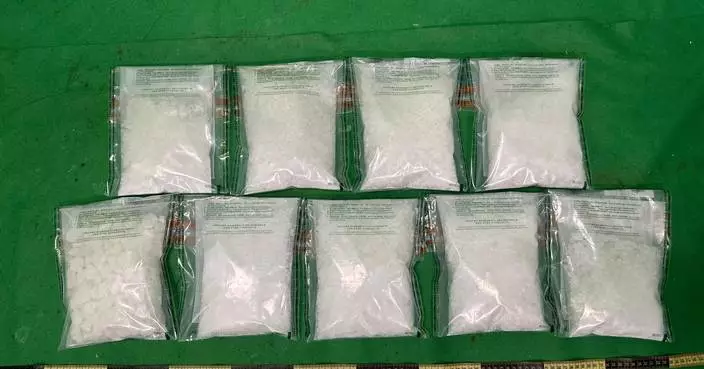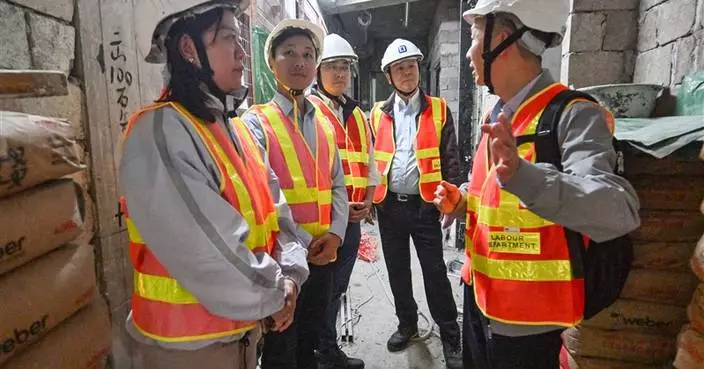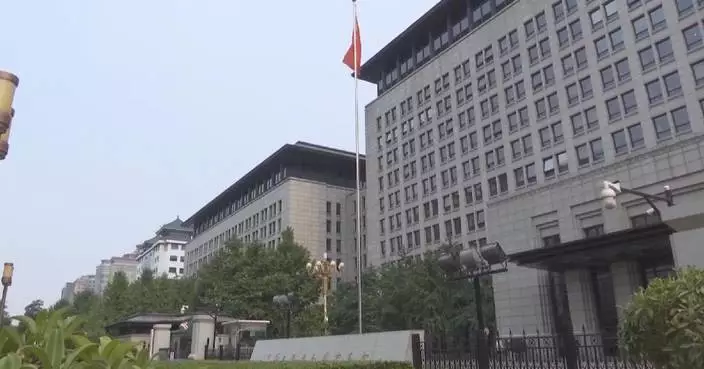U.S. health officials on Friday approved a nasal spray to treat severe allergic reactions, the first needle-free alternative to shots like EpiPen.
The Food and Drug Administration said it approved the spray from drugmaker ARS Pharmaceuticals Inc. as an emergency treatment for adults and older children experiencing life-threatening allergic reactions known as anaphylaxis.
Anaphylaxis occurs when the body's immune system develops a sudden, unexpected reaction to a foreign substance, such as food, insect stings or medications. Common symptoms include hives, swelling, itching, vomiting and difficulty breathing.
The device, marketed as Neffy, could upend treatment for the 33 million to 45 million Americans with severe allergies to food and other triggers. Anaphylaxis sends more than 30,000 people to emergency rooms and results in more than 2,000 hospitalizations and more than 230 deaths in the U.S. each year.
Of the 6 million prescriptions written for auto-injectors each year, more than 40% are never filled, Dr. Thomas Casale, an allergist at the University of South Florida, told an FDA advisory panel last year. Even when they are available to caregivers, many auto-injectors are used incorrectly, he said.
“There’s a real unmet medical need for a large portion of the population,” he said.
Neffy is intended for people who weigh at least 66 pounds. It is given in a single dose sprayed into one nostril. A second dose can be given if the person’s symptoms don’t improve.
The new treatment could be life-changing for people with severe food allergies, said Dr. Kelly Cleary, a pediatrician and director with the Food Allergy Research & Education, a nonprofit advocacy group.
“I have seen the look of worry or fear,” said Cleary, whose 11-year-old son has multiple food allergies. “I worry about what happens if someone hesitates.”
Requiring an injection in an emergency is as scary to some children as the allergic reaction itself. Some parents have had to restrain thrashing children to inject them, sometimes causing cuts that require stitches. About 3,500 caregivers a year are injured when they accidentally inject themselves in the hands, ARS said.
Priscilla Hernandez, of Pasadena, California said her 12-year-old son, Zacky, who is allergic to sesame, peanuts, tree nuts, avocado and other foods, was traumatized when he had a reaction at school about six years ago and a nurse treated him with an auto-injector.
“Having to do a shot creates this whole different level of anxiety,” she said.
She said, “we are over the moon” about the FDA's approval of the spray, which Zacky will start carrying when it becomes available.
First marketed in 1901, epinephrine predates the FDA itself. Products like the EpiPen auto-injector, approved in 1987, were authorized based on chemistry and manufacturing data and were not required to prove safety and efficacy.
Clinical trials of people experiencing potentially deadly reactions are difficult for ethical and pragmatic reasons. Instead, ARS officials compared the effect of the nasal spray on biological markers to existing epinephrine treatments.
Results showed Neffy worked about as well as injected epinephrine to boost heart rate and blood pressure, which counter severe reactions. The drug is combined with a patented agent that allows it to be easily absorbed through nasal membranes.
Other needle-free epinephrine devices are being developed to treat allergic reactions. In the pipeline are nasal sprays from Bryn Pharma, of North Carolina, and Nausus Pharma, of Israel; a needle-free auto-injector from Crossject of France; and an epinephrine film that is administered under the tongue from Aquestive Therapeutics, of New Jersey.
Neffy is designed to be easy to carry and easy to use, especially for children, said Richard Lowenthal, president and chief executive of San Diego-based ARS.
“We don’t want fear. There’s no needle, there’s no pain with this product,” he said. “It’s basically like spraying saline into your nose.”
ARS didn’t immediately disclose a list price, but said it would make the spray available through certain discount programs for about $200 per two-pack. Insurance plans must still decide whether to cover the product and at what price.
The Associated Press Health and Science Department receives support from the Howard Hughes Medical Institute’s Science and Educational Media Group. The AP is solely responsible for all content.
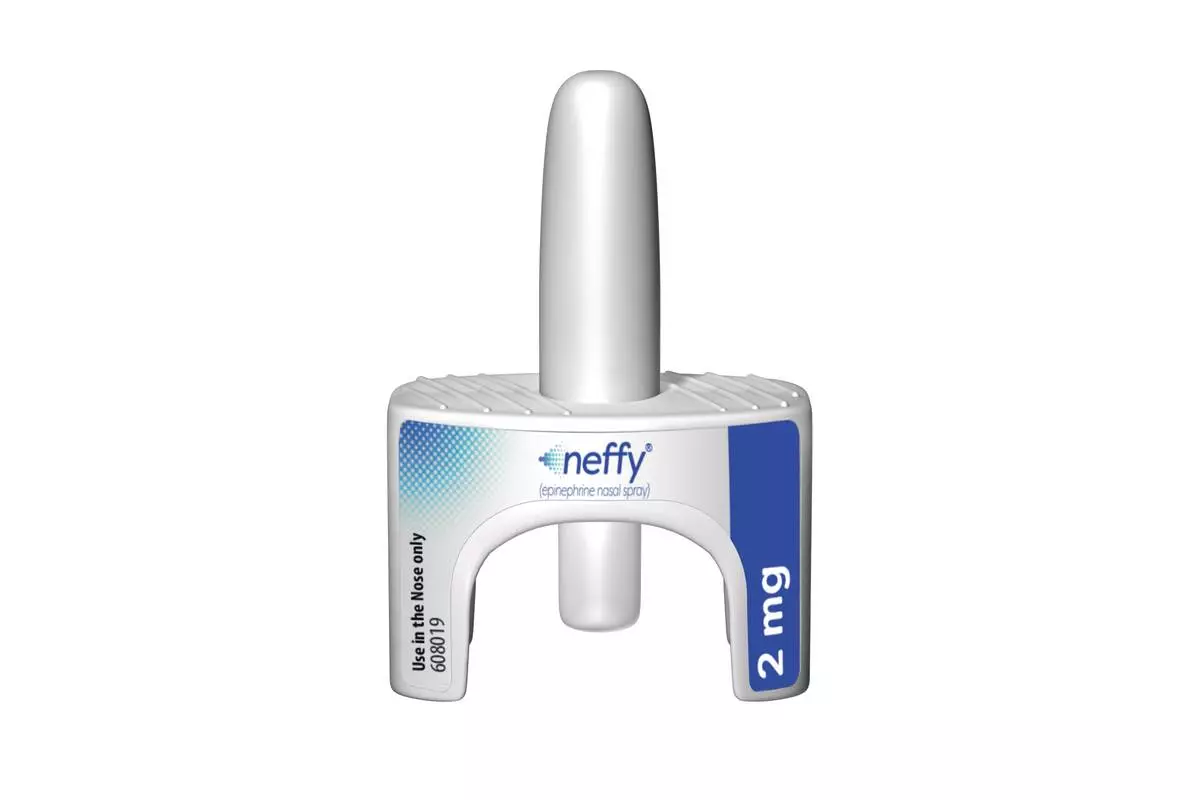
This image provided by ARS Pharmaceuticals on Friday, Aug. 9, 2024, shows the company's Neffy nasal spray to treat severe allergic reactions. (ARS Pharmaceuticals via AP)


